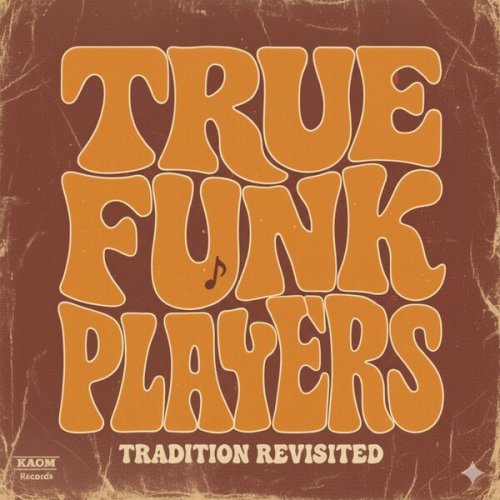Ensemble Kantika & Kristin Hoefener - Estel de Mar: Llibre Vermell de Montserrat (2009)
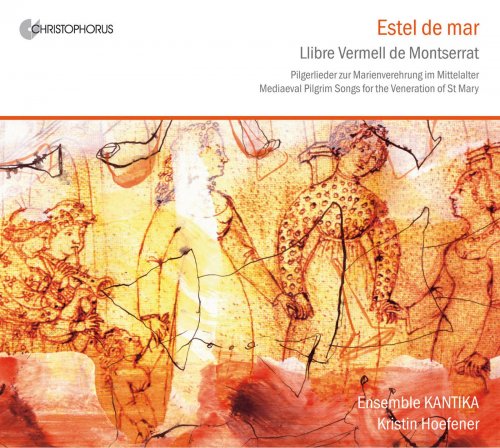
Artist: Ensemble Kantika & Kristin Hoefener
Title: Estel de Mar: Llibre Vermell de Montserrat
Year Of Release: 2009
Label: Christophorus
Genre: Classical
Quality: FLAC (image + .cue, log, artwork)
Total Time: 75:27
Total Size: 324 MB
WebSite: Album Preview
Tracklist:Title: Estel de Mar: Llibre Vermell de Montserrat
Year Of Release: 2009
Label: Christophorus
Genre: Classical
Quality: FLAC (image + .cue, log, artwork)
Total Time: 75:27
Total Size: 324 MB
WebSite: Album Preview
[1] O virgo splendens
[2] Stella splendens
[3] Laudemus virginem
[4] Rosa das rosas
[5] Muito valvera mais
[6] Los set gotxs recomptarem
[7] Cuncti simus concanentes
[8] Virga de Iesse
[9] Polorum regina
[10] Mariam matrem virginem
[11] Inperayritz de la ciutat joyosa
[12] Splendens ceptigera
[13] Ad mortem festinamus
The “Red Book” of Monterrat, the only medieval manuscript that survived the destruction of the monastery by Napoleon’s army in 1811 (it was out on loan and had to be bought back in 1885), has fared well on records, for its 10 pilgrim songs to the Blessed Virgin of Mariam matrem virginem , although even with five strophes the song was no longer than several other pieces in the book. In recordings made since 2001, however, the song is more often rendered complete, as it is here. Of the additional tracks, two of the cantigas, Muito valvera mais and Virga de Jesse , are recorded complete (both have been available in the past), while the familiar Rosa das rosas is given in an instrumental rendition. The earliest selection of the Montserrat group, O virgo splendens , written in chant notation, is sung with versicle, response, and oration in the proper format of a votive antiphon, the first time I have it heard this way. The two caças, usually paired and even combined into a single piece, are separated in the program, the only departure from the order of the manuscript.
The most recent recording ( Fanfare 32:1) occasioned an overview of the discography. That disc under Christophe Deslignes was as good as the best. It resembled versions by Jordi Savall (13:3), Brigitte Lesne (18:6) and Ensemble Micrologus in evoking the assembly of pilgrims spending the night in the abbey courtyard, through the work of a varied list of performers. The new disc is closer to another fine rendition under Carles Magraner, which uses a greater variety of instruments. In that respect, the new disc is the most restrained of the five. All of these give Mariam matrem virginem complete except Savall and Lesne. These five discs are among the best of a long list of versions.
The translation in all three languages of the cantiga Virga de Jesse in the booklet is faulty, for the first word is not “virgo” and should be rendered “rod of Jesse,” a phrase from Isaiah that does indeed refer to the Blessed Virgin in a figurative way. Anyone who loves these lively expressions of medieval popular devotion will enjoy comparing several of these discs. The new one stands up very nicely. -- FANFARE: J. F. Weber
The most recent recording ( Fanfare 32:1) occasioned an overview of the discography. That disc under Christophe Deslignes was as good as the best. It resembled versions by Jordi Savall (13:3), Brigitte Lesne (18:6) and Ensemble Micrologus in evoking the assembly of pilgrims spending the night in the abbey courtyard, through the work of a varied list of performers. The new disc is closer to another fine rendition under Carles Magraner, which uses a greater variety of instruments. In that respect, the new disc is the most restrained of the five. All of these give Mariam matrem virginem complete except Savall and Lesne. These five discs are among the best of a long list of versions.
The translation in all three languages of the cantiga Virga de Jesse in the booklet is faulty, for the first word is not “virgo” and should be rendered “rod of Jesse,” a phrase from Isaiah that does indeed refer to the Blessed Virgin in a figurative way. Anyone who loves these lively expressions of medieval popular devotion will enjoy comparing several of these discs. The new one stands up very nicely. -- FANFARE: J. F. Weber
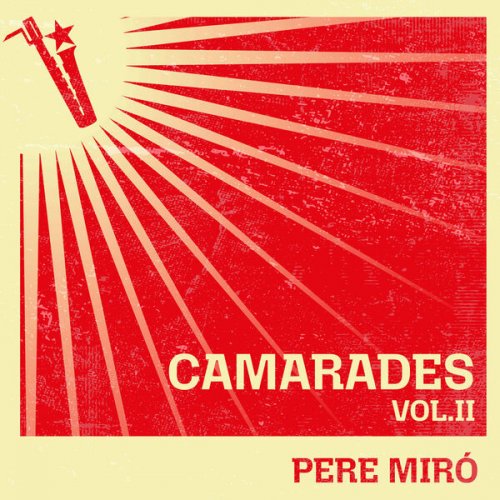
![VA - 20 Years Into An Infinite Musical Journey (2025) [SACD] VA - 20 Years Into An Infinite Musical Journey (2025) [SACD]](https://www.dibpic.com/uploads/posts/2026-02/1771834929_ff.jpg)
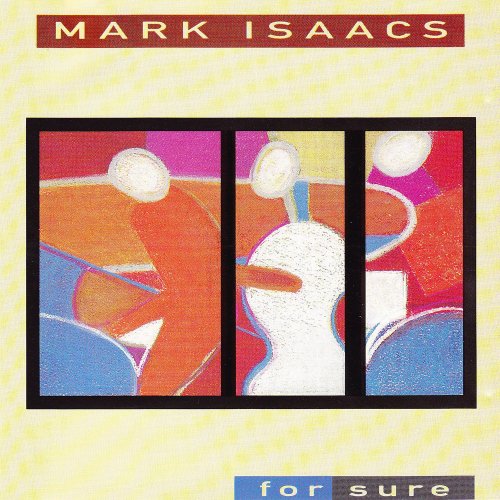
![Martin Listabarth Trio - In Her Footsteps (2026) [Hi-Res] Martin Listabarth Trio - In Her Footsteps (2026) [Hi-Res]](https://www.dibpic.com/uploads/posts/2026-02/1771946819_folder.jpg)
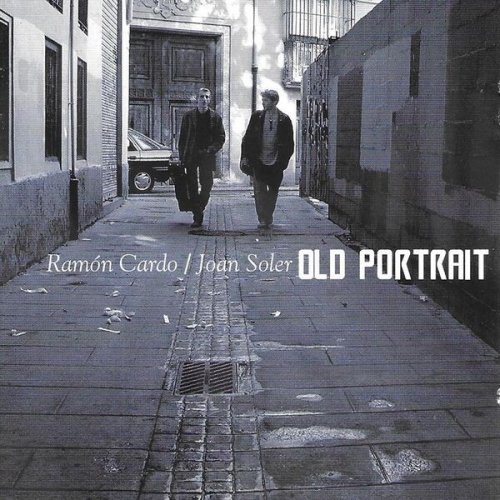

![Juhani Aaltonen - Nostalgia (2026) [Hi-Res] Juhani Aaltonen - Nostalgia (2026) [Hi-Res]](https://img.israbox.com/img/2026-02/20/ocw86a7rfvhkxc576ic9tz17o.jpg)
![Batila - In Light (2026) [Hi-Res] Batila - In Light (2026) [Hi-Res]](https://img.israbox.com/img/2026-02/23/8fny4jm9awckbp30f8iv1d4uv.jpg)
